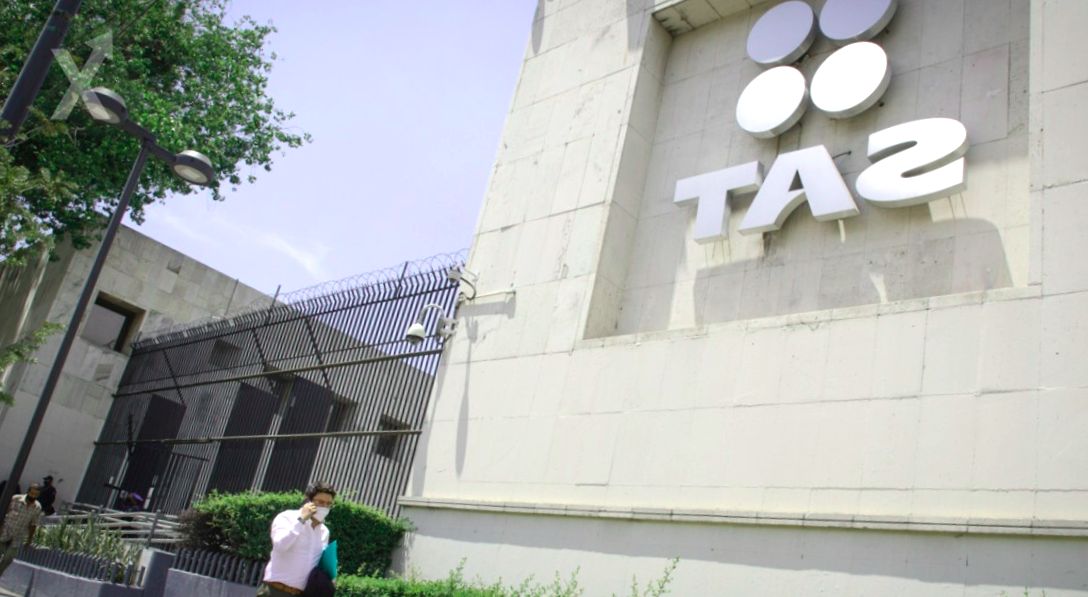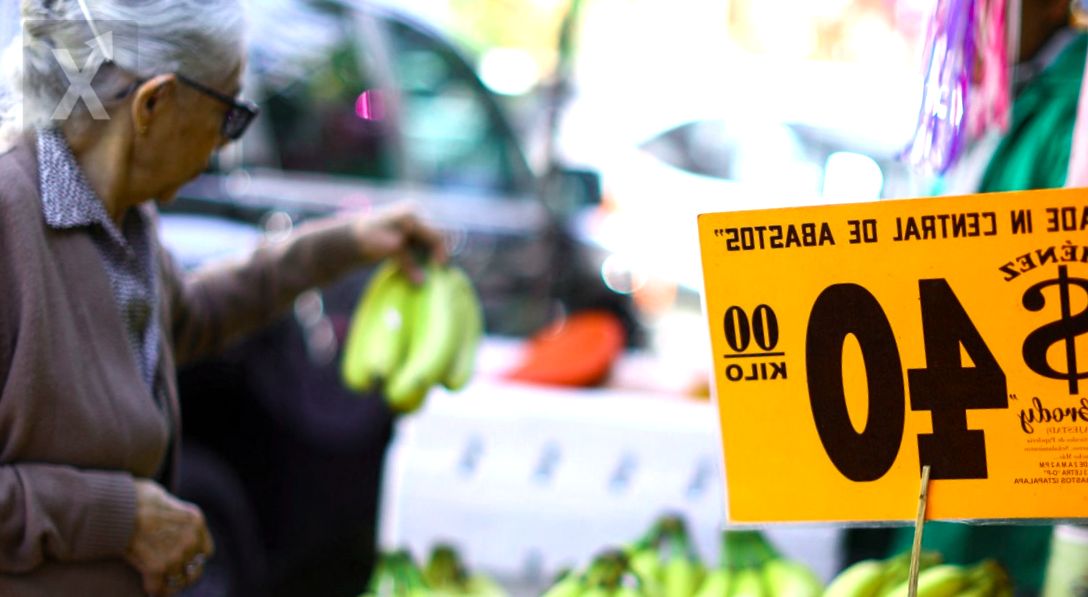The Increase in the Search for Additional Jobs in Mexico: Morelos in the Lead

Éricka is one of the thousands of people looking for an extra job on top of what she already has. What's the reason? She needs a higher income to support her two daughters, as all the expenses fall on her after her divorce. “With what I make at my current job, it's not enough. My girls' dad isn’t helping with child support; since we separated, he disappeared to evade his responsibilities, so I’m looking at the possibility of getting another job in the afternoons.”
Éricka works from 8:00 AM to 2:00 PM as an administrative assistant at a company that installs security cameras. She believes she can take on another job in the afternoons or even on weekends. With an approximate salary of 12,000 pesos a month, she needs a second job to cover all household expenses and have a bit more "wiggle room." In fact, she has already gone to several job interviews. In Mexico, the underemployed population reached 4.4 million people in the second quarter of 2024. According to Inegi, these are individuals who have reported needing and being willing to work more hours. Of this group, 328,971 people mentioned they are seeking additional employment. Although this number is 18% lower than in the second quarter of 2023 at the national level, some states have seen a notable increase in the number of Mexicans looking for a second job. Morelos tops this list, with an impressive increase of 148.1% when comparing the second quarter of 2024 to the same period last year. Aguascalientes follows with an 88.1% increase; San Luis Potosí, 87.1%; Chihuahua with 73%, and Hidalgo with 71%. Other states, such as Hidalgo and Nayarit, have more modest increases of 41.1% and 28.6% respectively, while Guerrero, Campeche, Sonora, Tlaxcala, and Baja California Sur have recorded increases below 10%.
The primary cause of this search is insufficient wages. Sandra Martínez, an analyst at 'Mexico, How's It Going?', points out that the main reason people are seeking a second job is that their income is insufficient. “In Mexico, we are part of a high percentage of labor poverty, meaning they do not earn enough to cover the basic food basket. As of the second quarter of 2024, this percentage is at 35%. Although it is lower than what was recorded in 2023, it still represents 5.4 million people in this situation, which is concerning,” she explains. The expert emphasizes that the increase in the minimum wage during this administration has contributed to reducing labor poverty, although significant gender and regional gaps still exist. According to a study by OCC this year on workers in Mexico, 61% of people searching for additional employment do so due to low wages, intending to supplement their income and improve their financial situation. Although salary is the main reason, an additional 20% mentions that their financial goals vary, seeking different opportunities to achieve them, as a single job rarely provides what is needed. Only 5% consider that they are looking to generate extra income for future savings, especially among younger individuals.
In these times, given the economic precariousness many families face, it is essential for employers and the government to seek ways to improve wages and working conditions. A strong economy depends on workers' ability to access decent and well-paying jobs, thus ensuring a better future for them and their families.




